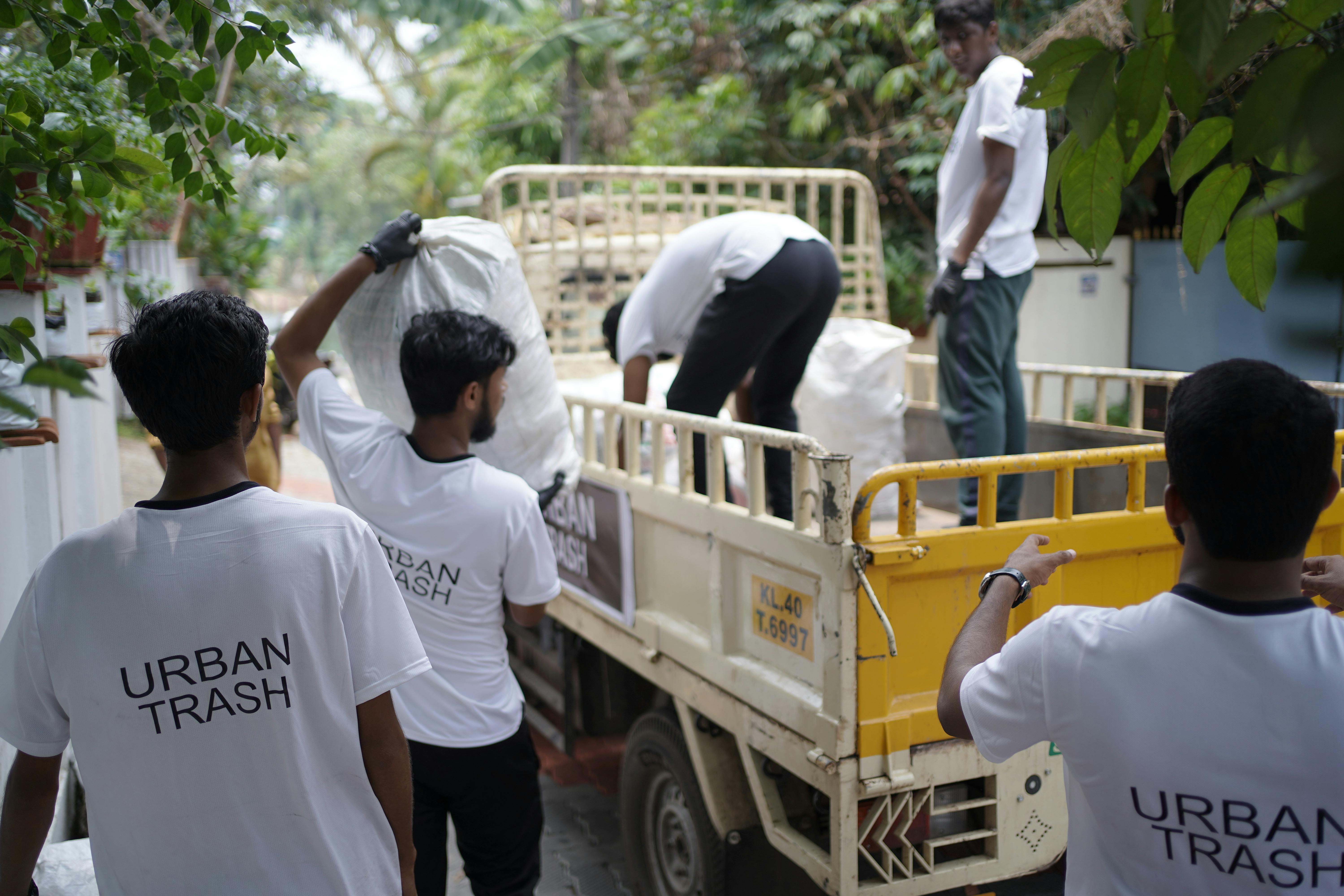 .
.
How to Choose the Best Waste Management Solution for Your Property
Having a suitable waste management plan is essential for any property, and the process of finding the best one can be daunting. Waste management solutions come in all shapes and sizes and the right one for you will depend on a number of factors. This blog post will discuss the different waste management options available and help you to identify the most suitable solution for your property.
What Is Waste Management?
Waste management is the process of collecting, transporting, processing, and disposing of different types of waste. It involves the careful handling of waste in order to minimise any potential harm to the environment and to public health. Waste management solutions can range from simple, everyday practices to advanced technology-driven solutions.
Why Is Waste Management Important?
Managing waste correctly is essential for protecting our environment. It helps to reduce the impact of waste on the environment, prevents the spread of diseases, and reduces the pollution that can result from waste disposal. It also helps to reduce the amount of waste produced, which can help conserve our natural resources.
Types of Waste Management Solutions
There are a number of different waste management solutions available. Let’s take a look at the most common ones.
1. Recycling
Recycling is one of the most popular waste management solutions. It involves separating materials such as paper, plastic, and glass and collecting them for reprocessing and reuse. It helps to reduce the amount of waste sent to landfills and conserves natural resources.
2. Composting
Composting is another waste management solution that has become increasingly popular. Composting involves breaking down organic materials such as food waste into a nutrient-rich soil amendment. This can be used to fertilise gardens and other areas and reduces the amount of waste sent to landfills.
3. Waste-to-Energy
Waste-to-energy is a waste management solution that involves converting waste into energy. This can be done through methods such as incineration, gasification, and pyrolysis. Waste-to-energy plants are used to convert non-recyclable waste into energy sources such as heat, electricity, and fuel.
4. Landfill
Landfills are the most common method of waste disposal. They involve burying waste in large pits and then covering it with layers of soil and other materials. Landfills can be used to dispose of both recyclable and non-recyclable waste, but they have significant environmental impacts.
5. Incineration
Incineration is a waste management solution that involves burning waste at very high temperatures. This helps to reduce the volume of waste and can be used to generate energy. However, incineration can also release harmful substances into the atmosphere and must be carefully regulated.
Things to Consider When Choosing a Waste Management Solution
When choosing a waste management solution, there are a number of factors to consider. These include the type of waste you need to dispose of, the environmental impacts of the solution, the cost, and the ease of implementation.
• Type of Waste: Different waste management solutions are suited to different types of waste. For example, recycling is ideal for paper, plastic, and glass, while incineration is best suited for non-recyclable materials.
• Environmental Impacts: It’s important to consider the environmental impacts of any waste management solution you choose. Some solutions, such as composting and recycling, can be beneficial for the environment, while others, such as landfill and incineration, can have negative impacts.
• Cost: The cost of any waste management solution will vary depending on the type of solution you choose. Recycling and composting are often the most economical options, while waste-to-energy and incineration can be more expensive.
• Ease of Implementation: Different waste management solutions may require different levels of expertise and resources. It’s important to consider the feasibility of implementing the solution you choose.
Conclusion
Choosing the right waste management solution is essential for any property. There are a number of factors to consider when making your decision, including the type of waste you need to dispose of, the environmental impacts of the solution, the cost, and the ease of implementation. The right solution for you will depend on your individual needs and circumstances.
